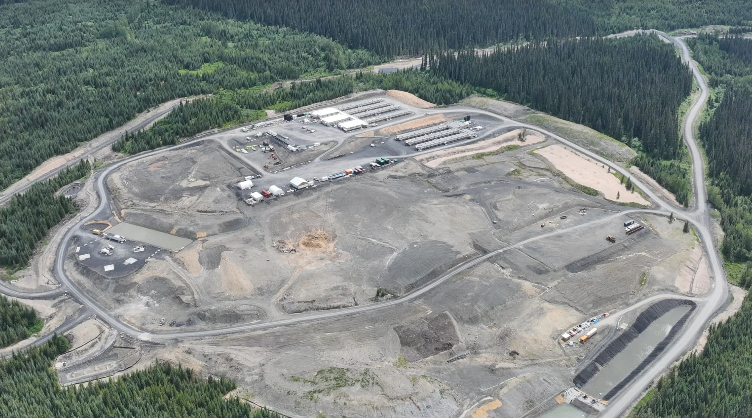Rio Tinto has planted 8000 Pongamia trees near its Gove bauxite operations in the Northern Territory to use their seed oil as a feedstock for renewable diesel, with more to be planted near Townsville, Queensland.
Pongamia is an Australian legume tree that produces oil-rich seeds which can be processed into renewable diesel, offering a significant reduction in carbon emissions.
In a bid to build a sustainable biofuels industry in Australia, Rio purchased about 3000 hectares of cleared land near Townsville in Queensland in September 2024 to establish seed farms to analyse growth conditions and measure seed oil yields.
The acquisition followed a small-scale trial at Gove, which saw Pongamia saplings planted to investigate their response to low soil quality, heat and other climatic conditions in northern Australia.
Following the successful pilot, Rio has planted 8000 Pongamia trees near Gove and has commenced planting 750,000 Pongamia trees near Townsville.
As reported by the ABC, Rio is now Australia’s largest Pongamia producer and is expected to begin harvesting seeds in the next five years.
“It’s around five years before you can harvest seeds, but then the tree has a very long life span,” Rio Tinto Gove operations town manager Andres Hoffman said.
“One of the benefits is this tree does appear to grow well on degraded land or previously mined land.
“Also in terms of waste products, the meal that’s left behind after the seed is pressed (for oil), with further treatment, can be used as a cattle feed.”
Earlier this year, renewable diesel successfully operated Rio’s network of ports, railways and iron ore mines in the Pilbara region of Western Australia.
While Rio views electrification as the ultimate longer-term solution for repowering the majority of its fleet, it views biofuels as a parallel pathway that could reduce its reliance on diesel in the nearer future.
Subscribe to Australian Mining and receive the latest news on product announcements, industry developments, commodities and more.




